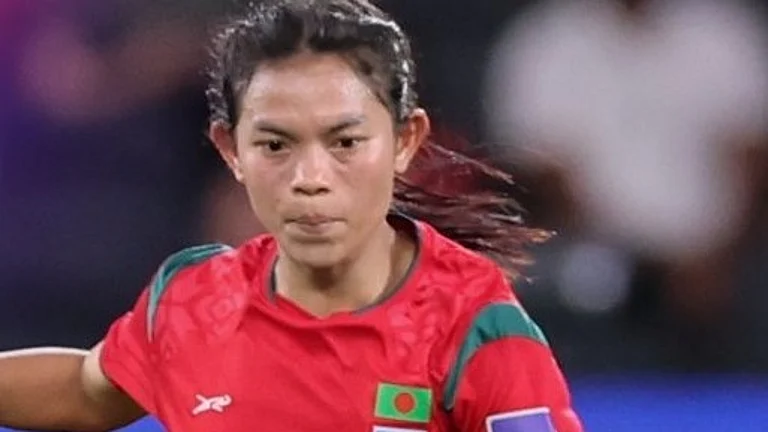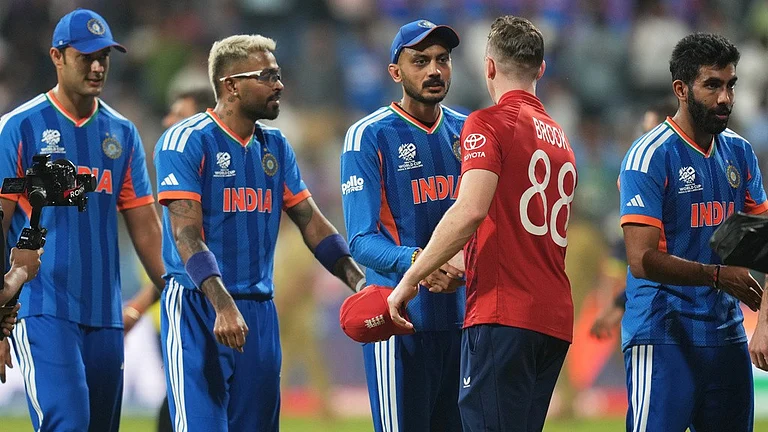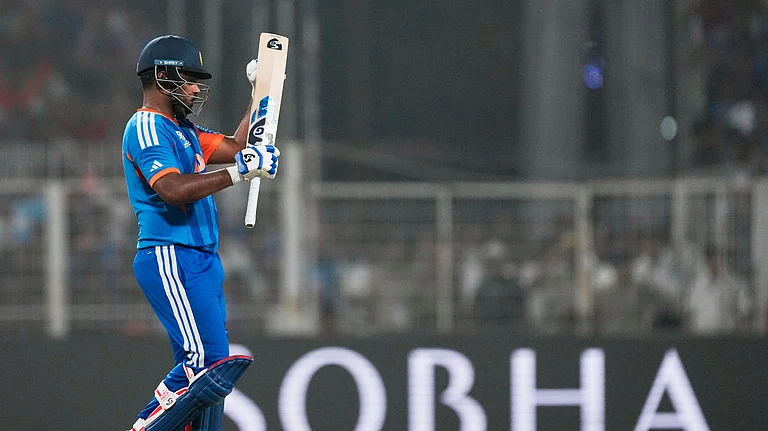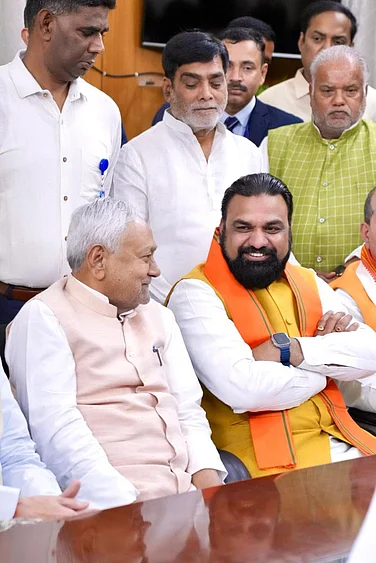(Note: This story was originally published in July 2022 and is being replugged now in light of recent developments in Maharashtra)
If I recall correctly, it was 2008-09 when my elder brother went to Mumbai to appear in a railway recruitment exam. But on the day of the test, Shiv Sena cadres attacked candidates who had travelled to Mumbai from north Indian states, especially Uttar Pradesh and Bihar. My brother escaped the rage of the Sainiks in several examination centres across Mumbai, but back home, my parents were distraught and worried. The violence was discussed for many days in India, and print and visual media reported in detail about the anti-migrant politics of the Shiv Sena. But that’s what the Sena has always been. Since its inception, Shiv Sena’s politics has revolved around the Marathi manoos, the son of the soil. Over the years, the growth of Mumbai as the country’s economic capital saw waves of migrants heading to Maximum City in search of livelihood. This created a sense of insecurity among natives over jobs and small businesses. The growing insecurity and uncertainty among the Marathi manoos became the launching pad for the Sena to emerge as a major political force in the state. The Shiv Sena’s focus on preserving Marathi asmita and its anti-migrant politics helped the party expand its base in Mumbai and Maharashtra.
However, when the Maha Vikas Aghadi (MVA) government assumed power and the Shiv Sena’s Uddhav Thackeray became the chief minister, he delicately kept alive the Marathi asmita issue but subtly sugar-coated his party’s anti-migrant politics with an aim of changing the face of the party. The way the Thackeray government handled the migrant crisis during the Covid pandemic, many believed that the Sena was trying to engage in accommodative and assimilative politics to clean up the party’s image. Therefore, it is important to find answers to some of these questions: What kind of effort did Thackeray make to change the anti-migrant image of the Shiv Sena? How did Covid-19 and the migrant chaos help the party to project itself as an inclusive and accommodative political outfit of the state? How did migrants benefit due to the Sena’s changing political narrative?
ALSO READ: Mumbai: The City That Resurrects Itself
On April 14, 2020, just after the Centre extended the Covid-induced lockdown, thousands of migrant workers—many accompanied by women and children—gathered at Bandra railway station, desperate to return home. Out of work for a long period and running out of food and money, the migrant workers were gripped by fear and insecurity. It was the backdrop for the reverse migration from Mumbai. As trains were cancelled many migrant workers were stranded at Bandra. Many others started walking back, barefoot, to their homes thousands of kilometres away. Many lost their lives in the journey. However, amid this crisis, then CM Uddhav Thackeray addressed the people through Facebook Live and press statements. During his live speech, he switched to Hindi from Marathi and said, “I give you my word that the Maharashtra government will take you to your homes the day this crisis ends. I believe that when you go back to your homes, you should go back happily and not out of fear.”

Even before making such an appeal, Thackeray had asked migrants not to leave the state through television addresses at the end of March 2020. “We are in talks with the Centre. I am confident that a solution will come out in the coming days. Don’t worry. We are gradually starting work in Maharashtra. If it is possible, you can come back to work, you will continue with your livelihood,” Thackeray said in one of his appeals. His messages to migrants might have appeared to be in sharp contrast to the party’s controversial past of anti-migrant politics. But his emotional appeals went beyond being just symbolic gestures and struck a chord with the stranded migrants. His short and precise messages certainly worked as a morale-booster for the migrants in such chaotic and uncertain times.
Reassured by Thackeray’s promises, many migrant workers decided to stay back in the city until the lockdown was over and the state’s situation became stable. The way he stressed the possibility of migrants returning to Maharashtra, especially to Mumbai, after the pandemic seemed to be an effort to rebuild the party’s image. Though his pro-migrant sentiment and appeal seem more humanistic than political, it had great significance in changing the image of Shiv Sena, whereby the party is expected to expand its social and political base in the state and particularly in Mumbai. Besides the involvement of state machinery in providing assistance and relief for stranded migrant workers in the state, Thackeray also appealed to non-governmental organisations (NGOs) to come forward and extend help to the migrants. Apart from providing relief material until train services were resumed, the government of Maharashtra made alternative arrangements whereby state bus services were used to ferry stranded migrant workers from different parts of Maharashtra and drop them at the border of different states. From there, respective states arranged for the migrant workers’ safe return home.
The personal intervention by Thackeray certainly acted as a soothing balm for the bruised and battered migrants—not just by the pandemic but by past acts of violence by Sainiks. And as migrants’ confidence in the party grew, so did the image of the Shiv Sena. Whether his gesture for migrant workers during the pandemic was politically-motivated or based on a humanitarian principle does not matter. What matters is that when many state and city-dwellers abandoned and disowned the migrant workers, it was Uddhav Thackeray who came forward to resolve their crisis and provided them food and safe return to their homes.
However, all the good work of Uddhav Thackeray could come to a naught if the new government headed by his rival Eknath Shinde carries out his promise of implementing the agenda as set forth by party founder Balasaheb Thackeray—known for his rabble-rousing speeches against migrants and his brand of politics centred around the Marathi manoos. It is too early to comment on the kind of politics the Shinde faction of the Shiv Sena will engage in in the coming days. But amid the political churning, the migrant workers’ fate certainly depends on the approach of the Shinde government. Another phase of ‘othering’ the migrant workers could be disastrous for the image of both the party and the state.
(This appeared in the print edition as "Between Push and Pull")
(Views expressed are personal)
Ajeet Kumar Pankaj Is an assistant professor at IGNTU Regional Campus, Manipur



















